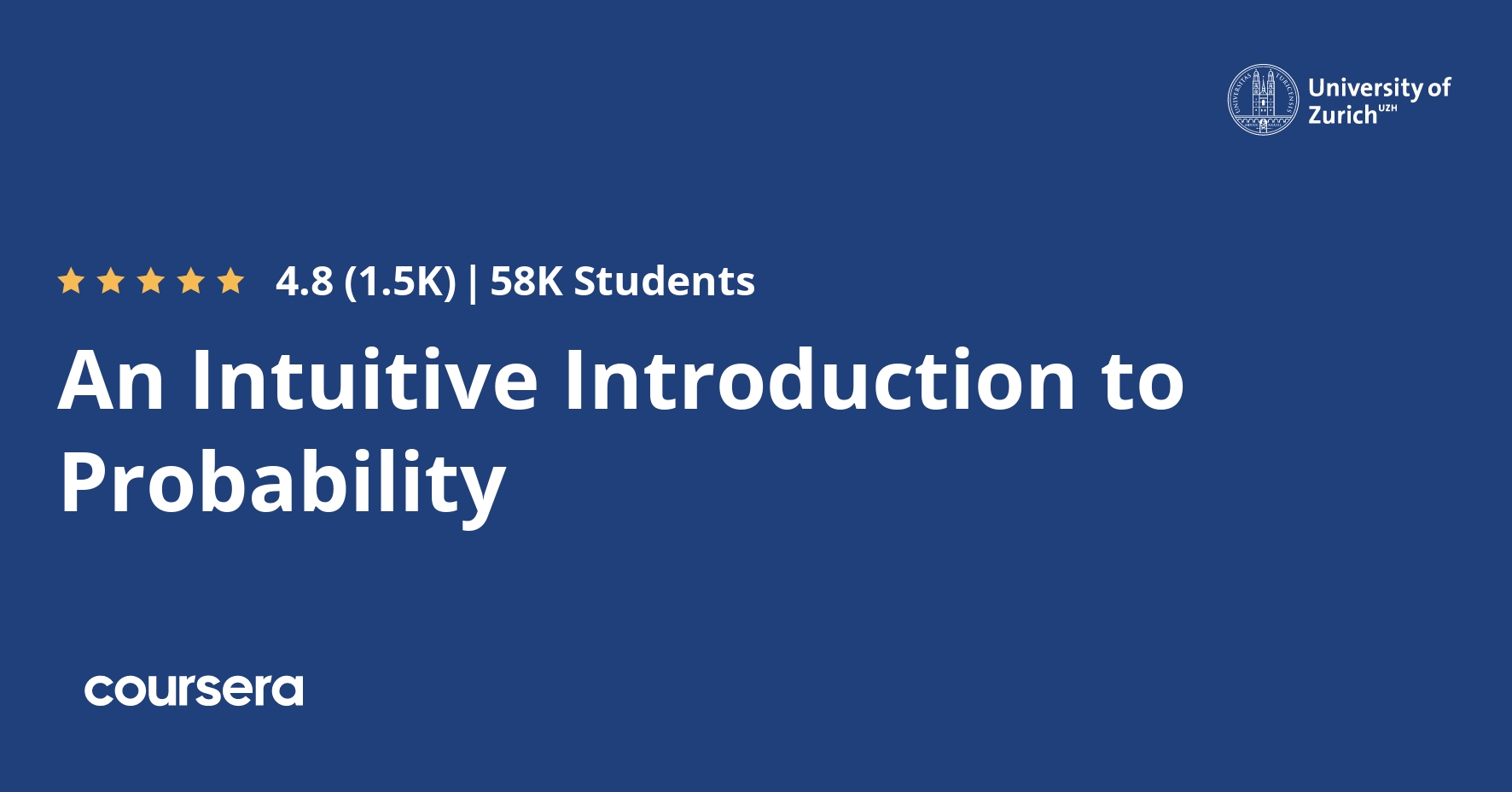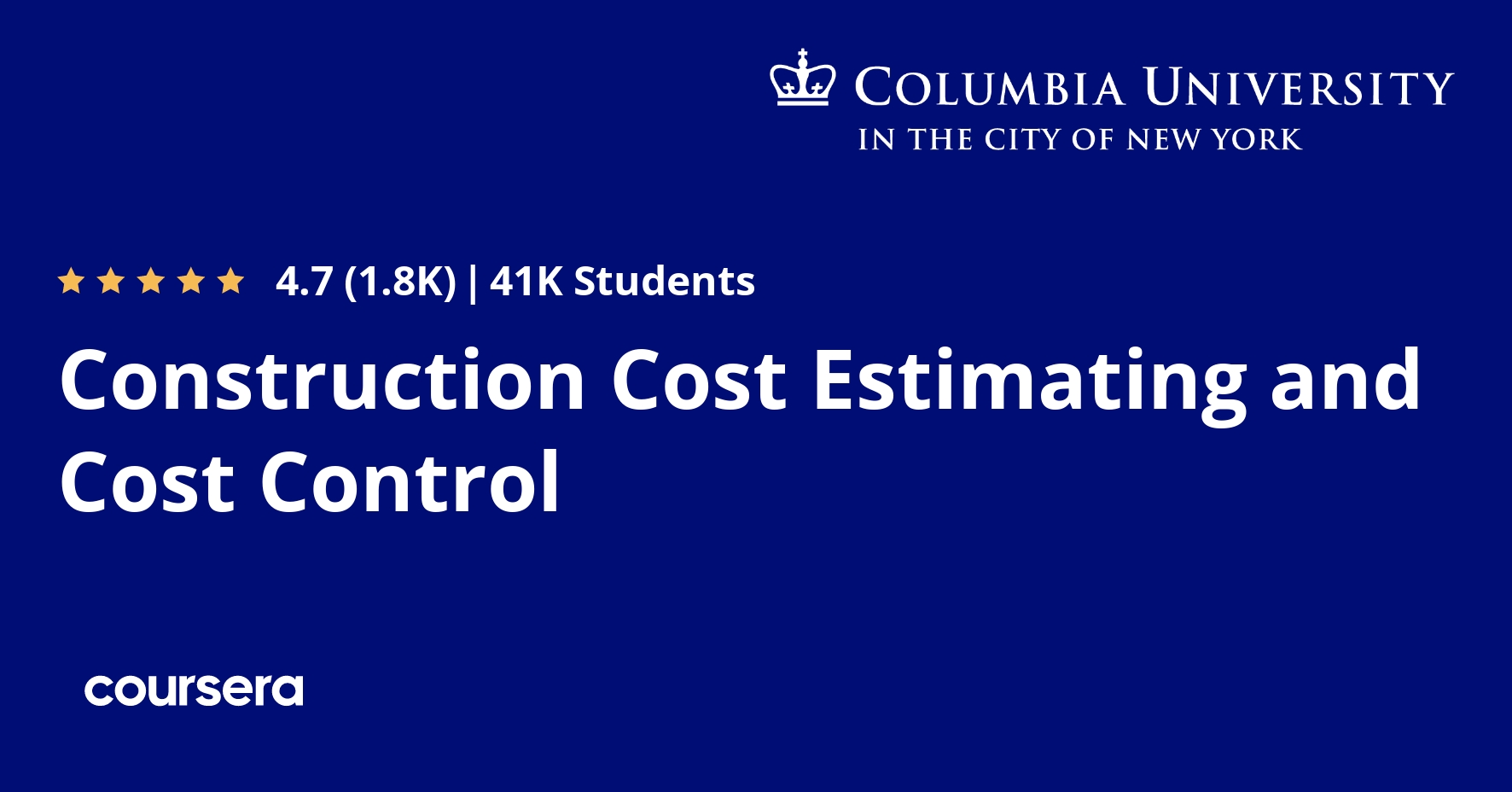Description
This course will provide you with a basic, intuitive and practical introduction into Probability Theory. You will be able to learn how to apply Probability Theory in different scenarios and you will earn a “toolbox” of methods to deal with uncertainty in your daily life.
The course is split in 5 modules. In each module you will first have an easy introduction into the topic, which will serve as a basis to further develop your knowledge about the topic and acquire the “tools” to deal with uncertainty. Additionally, you will have the opportunity to complete 5 exercise sessions to reflect about the content learned in each module and start applying your earned knowledge right away.
The topics covered are: “Probability”, “Conditional Probability”, “Applications”, “Random Variables”, and “Normal Distribution”.
You will see how the modules are taught in a lively way, focusing on having an entertaining and useful learning experience! We are looking forward to see you online!
What you will learn
Probability
In this module we will learn about probabilities and perform our first calculations using probability formulas. We want to get comfortable with the idea that probabilities describe the chance of uncertain events occurring.
Conditional Probability
The arrival of new information may lead us to alter our probabilistic assessments of uncertain events. In this module, we will learn how the concept of “conditional” probabilities allows us to make these changes correctly. Script of the course can be found here: https://www.coursera.org/learn/introductiontoprobability/resources/qxi9W
Application
We will discuss some fascinating every-day applications of probability. In addition to entertaining examples, we will also review very serious applications from finance and law.
Discrete Random Variables
In this module we move beyond probabilities and learn about important summary measures such as expected values, variances, and standard deviations. We also learn about the most popular discrete probability distribution, the binomial distribution.






